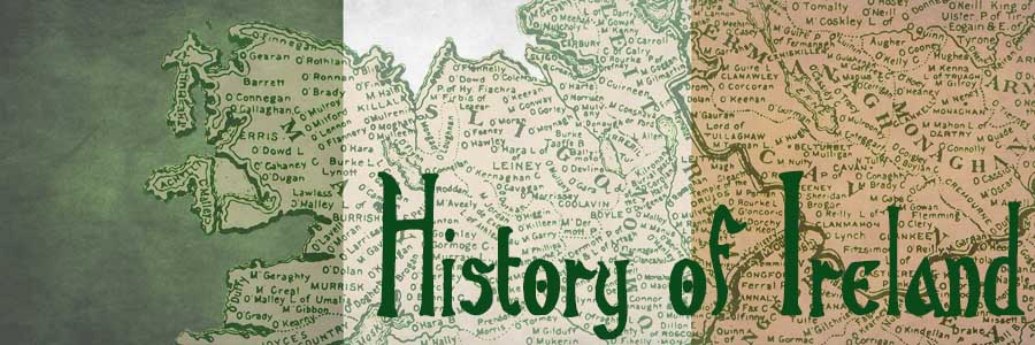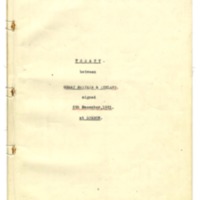The Anglo-Irish Treaty
Dublin Core
Title
The Anglo-Irish Treaty
Date
December 6, 1921
Creator
Irish and English Delegates
Arthur Griffith
Lloyd George
Description
The Anglo-Irish Treaty, signed on December 6, 1921, ended the Irish War of Independence. The delegations that created the treaty were led by Irishman Arthur Griffith, Griffith's second Michael Collins, and Englishman Lloyd George. Much to the relief of the Irish, the treaty successfully ended the war and created the Irish Free State. However, there was heavy opposition to the treaty as well. Irishman and leader of the Irish Republic, de Valera, did not approve of the Free State or its undermining of his and Pearse's Republic. In addition, the treaty still required an Irish oath of allegiance to the crown. De Valera had initially been invited to London to take part in the negotiations, but Griffith had been sent in his stead per the decision of the Dáil Cabinet. De Valera's un-involvement heavily influenced his rejection of the treaty. The tensions between those who accepted the treaty and those in opposition eventually helped lead to the Irish Civil War in 1922.
Language
English
Source
The National Archives of Ireland, http://treaty.nationalarchives.ie/document-gallery/
Tierney, Mark, and Margaret MacCurtain. The Birth of Modern Ireland. Dublin: Gill and MacMillan, 1969. Print.
Subject
War
Rights
The National Archives of Ireland
Contributor
Adelyn Gillon
Format
PDF
Publisher
The National Archives of Ireland
Files
Citation
Irish and English Delegates, Arthur Griffith, and Lloyd George, “The Anglo-Irish Treaty,” History of Ireland, accessed May 10, 2025, https://carmichaeldigitalprojects.org/ireland/items/show/43.

